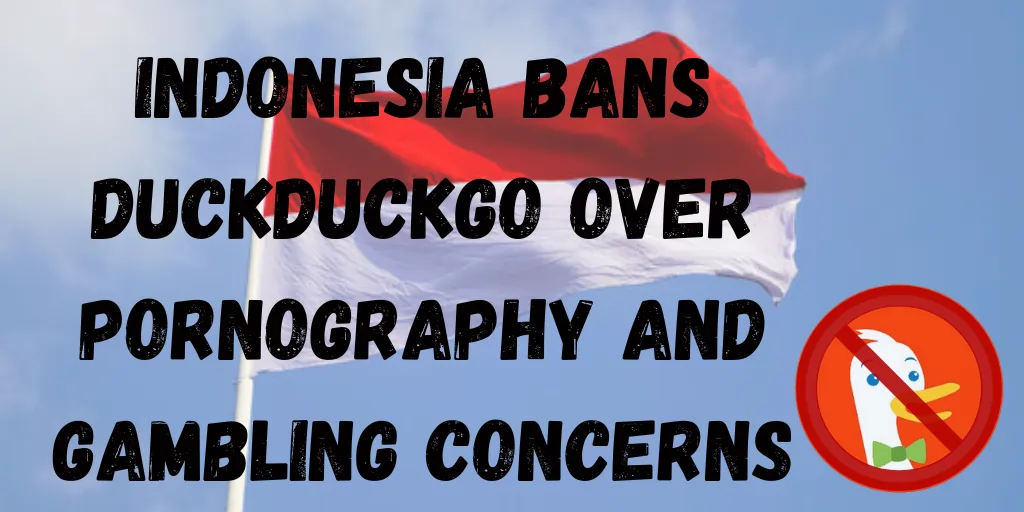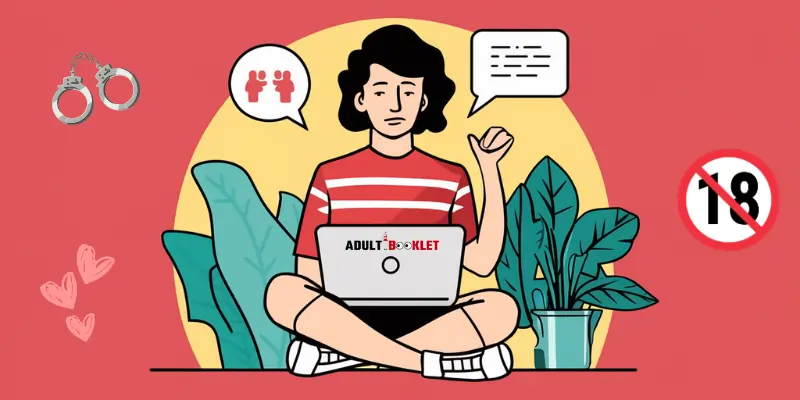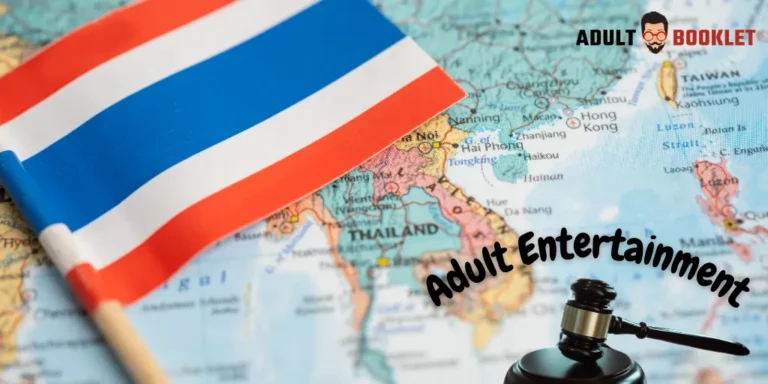
Indonesia has banned the popular privacy-oriented search engine DuckDuckGo, alleging that it can be used to access pornography and online gambling content. The ban, announced by Indonesia's Ministry of Communication and Information Technology, has sparked intense debate about internet censorship and digital rights in the world's fourth most populous country.
DuckDuckGo, founded in 2008, has gained a devoted following among privacy-conscious users for its strict no-tracking policy and commitment to protecting searchers' personal information. The search engine has been praised by privacy advocates and security experts for offering an alternative to data-hungry tech giants like Google and Bing.
Indonesia, which has the world's largest Muslim population, has some of the strictest rules against sharing pornographic content online. The country has already blocked several major platforms over similar concerns, including Reddit, Vimeo, and Tumblr. The DuckDuckGo ban is part of a broader crackdown on online content deemed immoral or illegal by Indonesian authorities.

In recent months, the government has vowed to ramp up efforts to combat online gambling, which although prohibited, remains popular in Indonesia. According to official data, an estimated 3 million Indonesians engaged in online gambling last year, spending around $20 billion or 1.5% of the country's GDP. Authorities have blocked hundreds of gambling websites and made several high-profile arrests.
Other activists and digital rights advocates have echoed these concerns, warning that the DuckDuckGo ban could be a slippery slope towards more widespread internet censorship in Indonesia. Some have pointed out the apparent double standard in singling out DuckDuckGo while other search engines with less robust privacy protections, like Google and Bing, remain accessible.
The ban on DuckDuckGo comes at a time of growing concern about online privacy and data security in Indonesia and around the world. With internet penetration rapidly expanding, more Indonesians are becoming aware of the risks posed by unchecked data collection and surveillance by tech companies and governments alike. The COVID-19 pandemic has only accelerated this trend, as millions of people have turned to the internet for work, education, and social interaction.
Against this backdrop, privacy-focused services like DuckDuckGo have seen a surge in popularity, particularly among younger, tech-savvy users. The search engine reported a 62% increase in daily searches in 2020, driven in part by growing awareness about online privacy issues. The ban in Indonesia, a country of nearly 274 million people, represents a significant setback for the company and its mission to provide a more secure and private online experience.
As news of the ban spreads, many Indonesians have taken to social media to express their outrage and frustration. Twitter users have rallied around the hashtag #BlokirKominfo (#BlockKominfo), calling on the government to reverse the decision and respect citizens' digital rights. Others have shared tutorials on how to use virtual private networks (VPNs) to circumvent the ban and continue accessing DuckDuckGo.
As the debate rages on, all eyes are on the Indonesian government to see if it will stand by its decision or bow to public pressure. For now, the ban remains in place, leaving millions of Indonesian internet users without access to one of the world's most popular privacy-focused search engines. The incident serves as a stark reminder of the ongoing battle between privacy, security, and freedom in the digital age, and the high stakes involved for individuals, companies, and governments alike.









